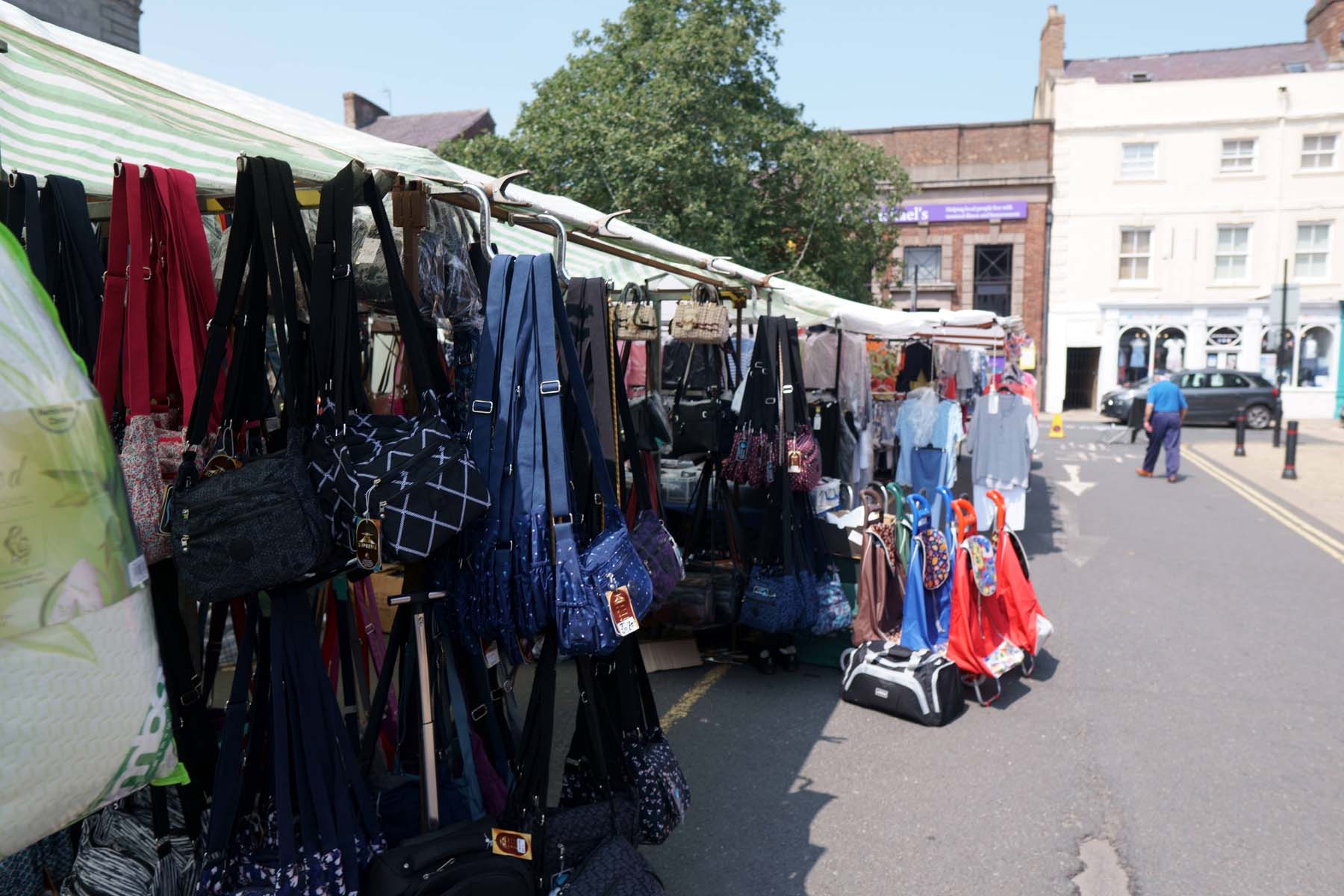It’s not news at this point to say that businesses of all kinds have taken severe hits from the coronavirus. It did become increasingly evident over the summer though that the UK, broadly, may be facing a disproportionally difficult recovery. BBC News reported on the state of the economy in June, and suggested that the UK could be “among the worst hit of leading nations” when it comes to the financial fallout. Time will tell if that ominous projection proves to be accurate, but as of early autumn it looks to be.
What we also know is that lots of small businesses and independent traders are experiencing the harshest consequences. Broad analyses of economic consequences tend to focus primarily on large companies, stock exchanges, and international industries. Throughout the UK however, we’ve seen much smaller operations struggling the most — including the traders so many rely on at local markets.
It will be a long road back for many of these traders, and progress will depend somewhat on the broader state of the economic recovery. But there are also some steps that can be taken that — we hope — will help market traders to re-establish themselves effectively.
Taking advantage of government assistance
We posted recently concerning the Leeds City Council commitment to supporting market traders, and this is clearly one of the most important factors in recovery. Discounts and flexible structures for rent, combined with government grants that market traders in Leeds and around the UK are eligible for can make an enormous difference. Traders that take full advantage of government assistance of this nature can position themselves to rebound.
Updating payment acceptance methods
When people think of updated payment options in today’s businesses, it’s often online commerce and larger enterprises that come to mind. Even in looking into these very subjects though, FIS Global highlights face-to-face payment acceptance as something that can be upgraded fairly simply. This will be important for traders to keep in mind. The new realities brought on by the coronavirus make traders and consumers alike less inclined to want to conduct transactions that require physical touch or close contact. But some of the payment solutions now available for face-to-face commerce include contactless pay options that may well become the new norm. Traders that adapt on this front will be able to reassure consumers and likely bring about more business.
Advertising health-related protections
As businesses in Leeds and elsewhere continue to reopen, we’re likely to see many of them specifically advertising the protections they have in place, and anything extra they may be doing to keep consumers safe. This would be a wise practice for traders to adopt as well. A trader dealing with produce and products being handed directly to customers has a responsibility to make the transaction as safe as possible. And that may even mean advertising personal precautions. To give an example, a trader with a sign listing precautions — such as a recent temperature check, a negative Covid test on a recent date, and so on — might just be more attractive to consumers than a neighbouring trader without such information on hand.
Installing protective screens
Protective screens actually came up very early as helpful precautions in the time of Covid-19. It was back in March that The Guardian remarked on screens at checkouts being put up by numerous companies. We haven’t heard a great deal more about the idea, in part because so many businesses were closed for so long. Now, however, with reopening occurring and consumers still looking for safe ways to shop, it would be wise for traders to do what they can to protect their stalls. Screens separating traders from customers would be appreciated by many, and could ultimately lead to more business.
As stated, it will be a long road back for many doing business in local markets. But these steps should help them to get back on their feet and make their customers comfortable.







